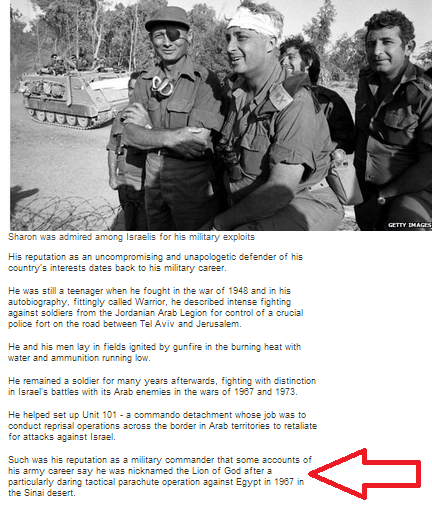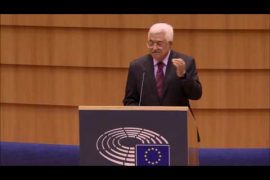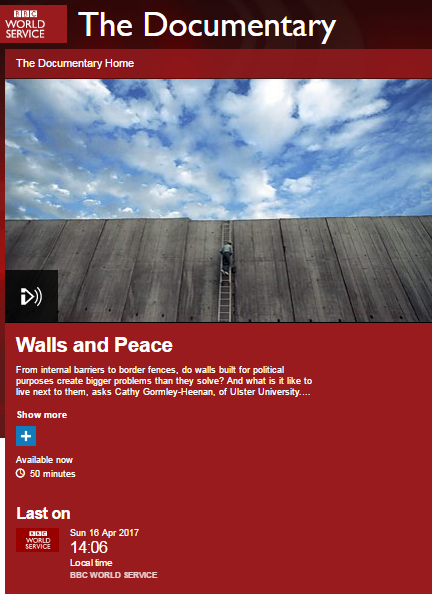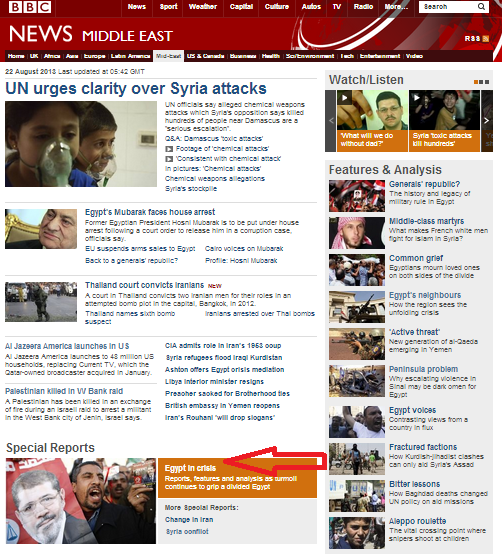On August 9th James Reynolds produced a filmed report for BBC television news which was also promoted on the BBC News website’s Middle East page under the title “Violence resumes is [sic] Gaza as truce comes to an end“. Notably, the fact that the truce was broken by Gaza-based terror organisations and that missiles were fired from the Gaza Strip at Israeli civilians for several hours before Israel responded is not reflected in that title.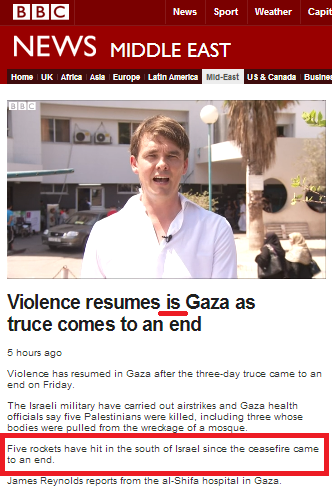
The synopsis to that report as it appears on the website inaccurately informs BBC audiences that:
“Five rockets have hit in the south of Israel since the ceasefire came to an end.”
In fact, on August 8th – the day before this report was produced – sixty-one missiles were fired by terrorist groups, thirteen of which fell short endangering the local population in the Gaza Strip. Of the dozens of missiles which did explode in Israel, two caused direct hits on houses in Sderot, fortunately causing no injuries. Earlier in the day three people were injured by a mortar in the Sha’ar HaNegev area.
On August 9th – the day Reynolds produced this report – a total of thirty missiles were fired from the Gaza Strip with five of them falling short. By the time this report was posted on the BBC News website (15:32 BST), missile hits in southern Israel had been as follows: [local times]
07:36: four missiles hit Eshkol, one hit Sdot Negev.
10:05: one missile hit Eshkol.
10:59: three missiles hit Eshkol.
12:25: one missile hit Sdot Negev, one missile hit Eshkol.
15:49: one missile hit Ashkelon, one missile hit Eshkol.
16:54: two missiles hit Eshkol.
In other words, the synopsis to this report understates the number of missile hits on southern Israel after the 72-hour ceasefire was broken by terrorist groups at 04:00 and then expired at 08:00 on August 8th by at least a factor of ten.
Reynolds himself says:
“We know from Israel – Israel’s said that it carried out more than thirty airstrikes overnight and it also says that Palestinian militant groups fired at least five rockets from Gaza towards Israel.”
The Israeli sources which Reynolds cites were presumably referring to the five missiles fired early on the morning of August 9th alone, but that is not adequately clarified in this report. Reynolds goes on to show how the BBC relies on Hamas and Hamas controlled sources:
“We’re still trying to find out from Palestinian health officials how many Palestinian casualties there may have been overnight. We have suggestions from the Palestinian media that some people were hurt or even worse in Nuseirat – that’s in the centre of the Gaza Strip – and also in Khan Younis in the south of the Gaza Strip.”
He goes on to further erase from audience view the fact that Israel agreed to an extension of the truce whilst Gaza Strip terrorist organisations breached it four hours before its end and then refused its renewal.
“So I think it’s clear that the 72-hour – that three-day ceasefire that we saw in the week – is over.”
But later on in his report, Reynolds has something very interesting to say.
“…just to explain where we are; we’re at the Shifa hospital here in the centre of Gaza. When you speak to ordinary people here, they feel that this is about the only safe place that there is in this strip of land – this or the grounds of the other hospitals here – because they believe that Israel will not target hospitals. There are actually some families sleeping outside the hospital – again, they believe that they won’t be hit here….”
In other words, the BBC knows that the ordinary people of Gaza know that Israel will not deliberately target a medical facility (or any other civilian target not used for terrorist purposes) and yet it continues to vigorously promote the myth of the targeting of hospitals in allegations made by its own reporters, in allegations made by selected interviewees and in allegations made by the politically motivated NGO Amnesty International which were amplified in two BBC articles on August 8th.
That certainly demands some explaining.

